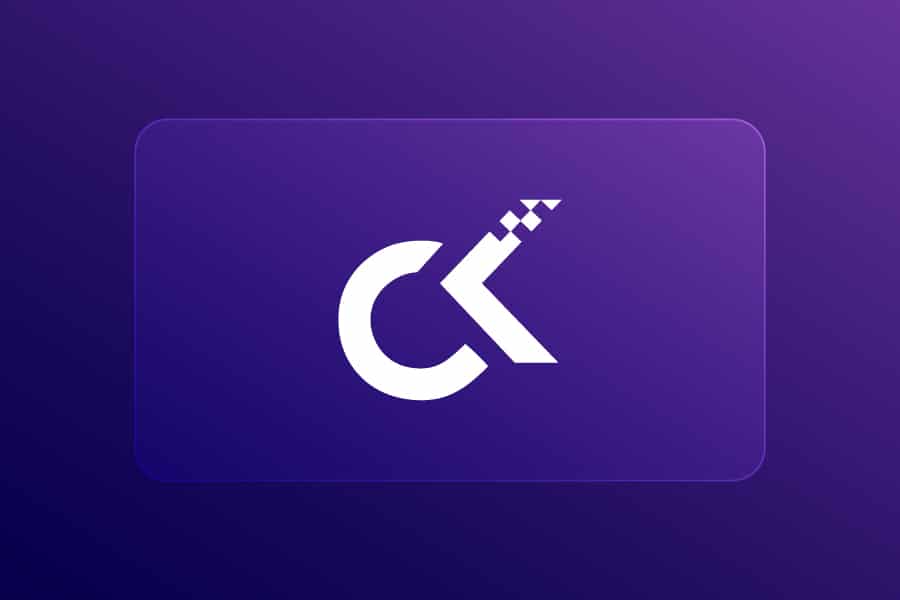Whenever an organization is planning to adopt DevOps culture, Cloud will come into consideration as both Cloud and DevOps tools work hand in hand. Actually, Cloud accelerates the DevOps adoption in Industry. DevOps makes the development cycle more productive and efficient without any hitches between Ops and Dev Teams.
In this post, I will walk you through the DevOps Tools provided by AWS to make the developer’s life easy as well as make the released production code more efficient and secure. From writing the code on Cloud Based Editor to Testing, Debugging, Tracing, Production Release – both Automated and Manual way to rollback in case of any issues, everything is available on AWS.
We are no longer living in a world where we need to follow giant complex monolithic architectures. Nowadays, starting development from container based and serverless is the new norm and AWS is the leader in providing such environment and services. In fact, AWS was the first to bring ‘Functions-as-a-Service’ to the world with it, a service Platform called “Lambda”.
With this innovation, they have released “ECS” – which is a Docker Running Container Management Platform. They have also released the most famous and widely used Container Orchestration tool – “Kubernetes”.
The value here is that all these services are managed by AWS as it forms a part of their ‘Platform-as-a-Service’ model and is integrated with many other services easily. In the same way, billing is also simplified with AWS Scalability.
DevOps Tools on AWS
Let us now see the services that specifically rely in DevOps Tools category. I will explain the working of each service in an upcoming post.
- Cloud9
- Code Commit
- Code Star
- Code Build
- Code Artifact
- Code Deploy
- Code Pipeline
Cloud9
Cloud9 is a Cloud based IDE integrated by AWS in its ecosystem. AWS acquired this company a few years ago and then made it a first class citizen on its platform. It is a full-fledged IDE with Debugger and terminal feature access, backed by EC2 Instance. The Idea is to get rid of local development and the developer can get the same environment at any point anywhere he/she wants to write the code. Cloud9 supports more than 40 different programming environments.
Code Commit
Committing code has become synonymous with “Github”. This is exactly what Code Commit is providing but hosted and fully managed by AWS. There are no servers involved, it is fully serverless and a simple service to host your git based repository. For end-to-end tooling, hosting your code will the first thing on the list. Additional advantage of Code Commit is that the learning curve will be swift if you are already aware about Github.
Code Star
The two common things always come to mind when we talk about DevOps tools are CI/CD. Especially CD can be a bit confusing because it has two meanings – Continuous Deployment and Continuous Delivery. One refers to automated release to Production Environment without any approval process and another is where the manual trigger is required. AWS’s Codestar service gives a unified user-interface that helps to setup the entire pipeline easily with integration with Build and deploy services.
Code Build
Code Build helps to compile the source code and build the packages. Code Build plays the role of CI layer which is continuous Integration and it grabs the code from repository and provides build environments for Java, Python, Node.js, Ruby, Go, Android, .NET Core for Linux, and Docker.
Code Artifact
It is a repository to securely store, publish, and share software packages. Code Artifact works with commonly used package managers and build tools like Maven, Gradle, npm, yarn, twine, and pip, making it easy to integrate into existing development workflows. It can be configured to fetch software packages from public repositories such as npm, Maven and Python Package Index (PyPI) in just a few clicks.
Code Artifact automatically downloads and stores application dependencies from these repositories, so recent versions are always available to your developers and CI/CD systems. You can use your existing package managers such as npm, yarn, pip, and mvn to publish packages developed within your organization. Development teams can save time by retrieving packages published to and shared in a central organizational repository, rather than creating their own.
Code Deploy
It automates the deployment of code whether it is on AWS or On-premise to make the release process seamless. Code Deploy tracks each release and its revision so that in case of any audit, you will be able to know which version of your application has been deployed. It helps to minimize downtime.
Code Pipeline
It is a continuous delivery service that helps you automate your release pipelines for fast and reliable application and infrastructure updates. Code Pipeline automates the build, test, and deploy phases of your release process every time there is a code change, based on the release model you define. It can also integrate with GitHub to pull the code.
If you have any project or any new initiative in mind for your organization, where you are looking for adoption Cloud Native Architecture then feel free to contact us for our DevOps Tools expert services .



